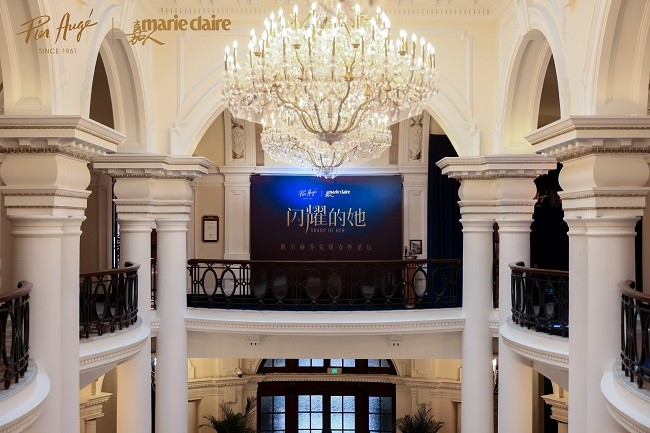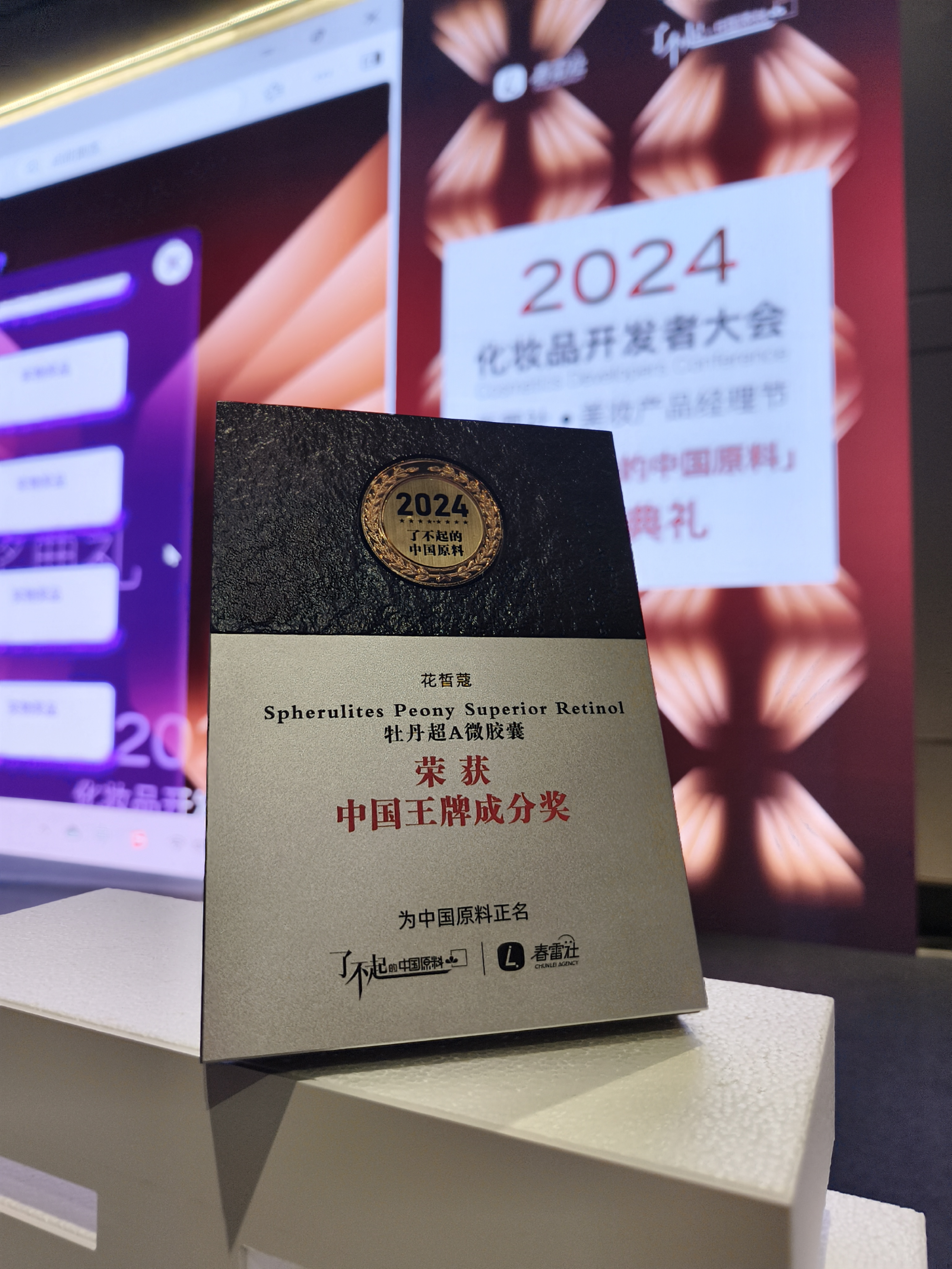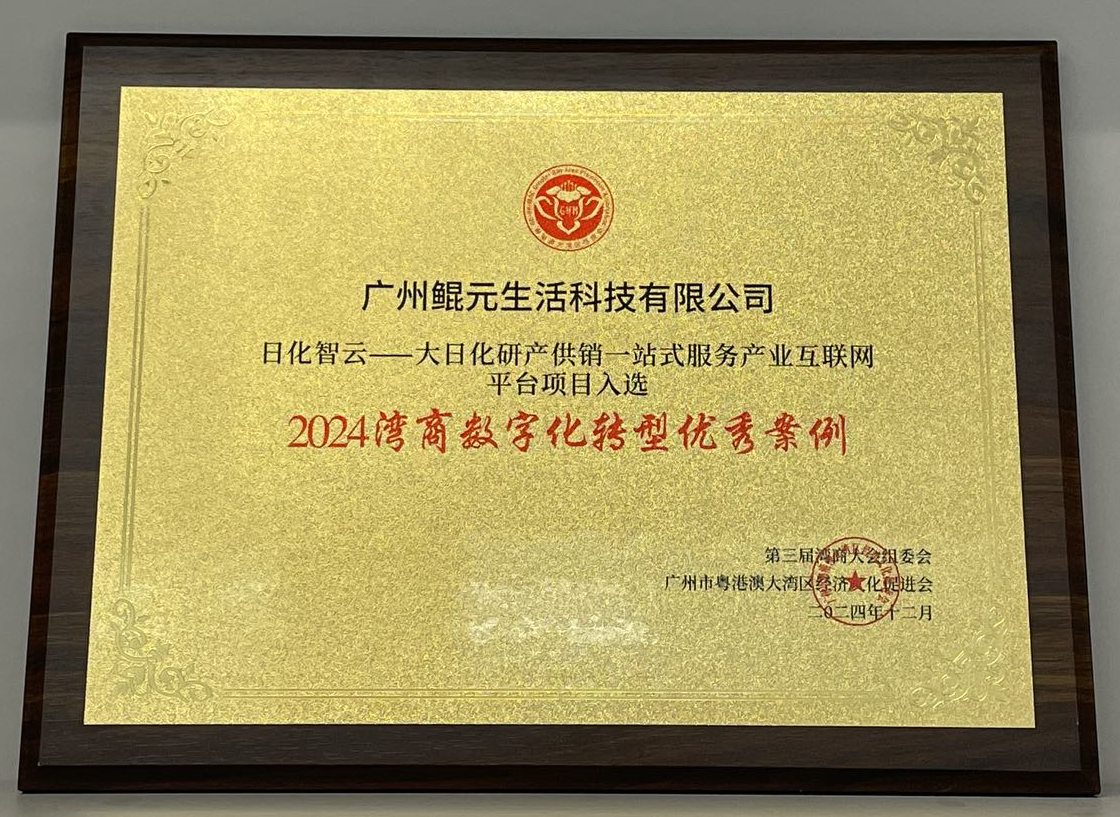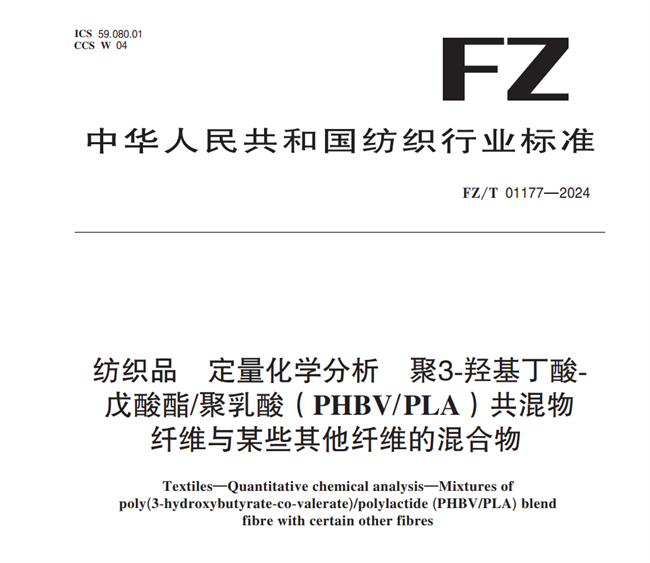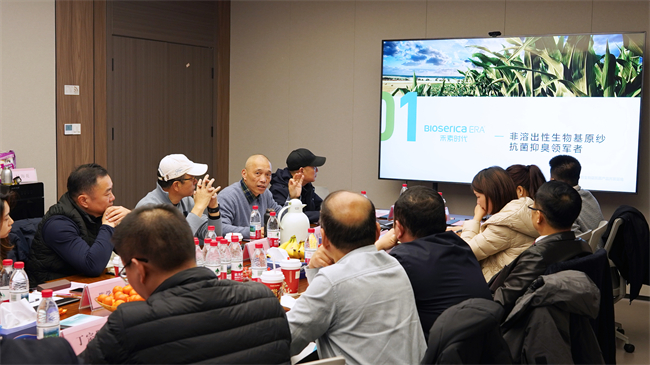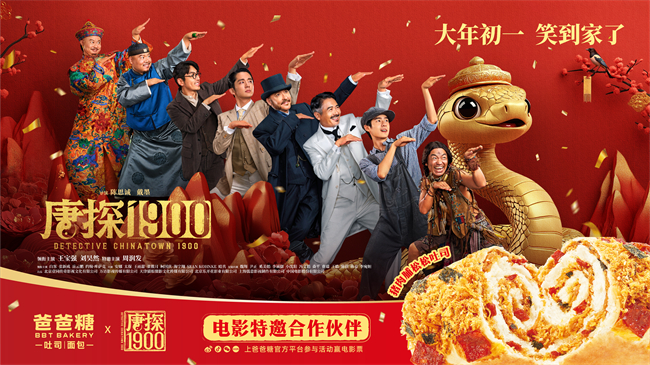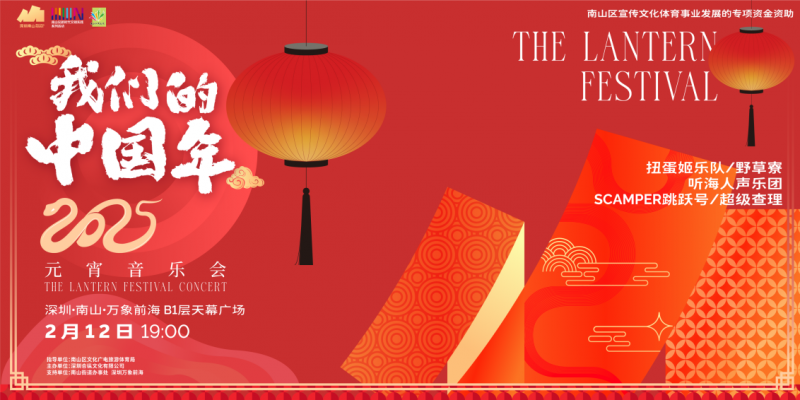西安艺术品交易精品推荐:汉五铢铜钱
此藏品图片为胡先生实物拍摄,(实物与图片一致)
藏品名称:汉五铢铜钱
藏品编号:SXXAYSP-20220904-56
藏品规格:以实物为准
藏品重量:以实物为准
藏品估价:议价
六朝即建都南京的三国吴、东晋、南朝宋、齐、梁、陈六个朝代。这一时期五铢钱除铸造粗劣且钱文革率、笔画不全。有将“五铢”写成“五金”者,也有写成反文“铢五”的。但期间五铢钱也有个别例外的,如北魏“太和五铢”,“永安五铢”,史称“重如其文”,质量上乘,不仅使人想到北魏孝文帝的一系列成功改革。
The six dynasties were The Three Kingdoms with Nanjing as their capital: Wu, Eastern Jin and Southern Song, Qi, Liang and Chen. This period five baht money in addition to casting coarse and Qian Cultural Revolution rate, not complete. There will be "five baht" written "hardware", there are also written in reverse text "five baht". However, during the period of five baht money there are some exceptions, such as the Northern Wei "Taihe five baht", "Yongan five baht", history said "as heavy as its text", quality, not only reminds people of the Northern Wei Xiaowen emperor a series of successful reforms.
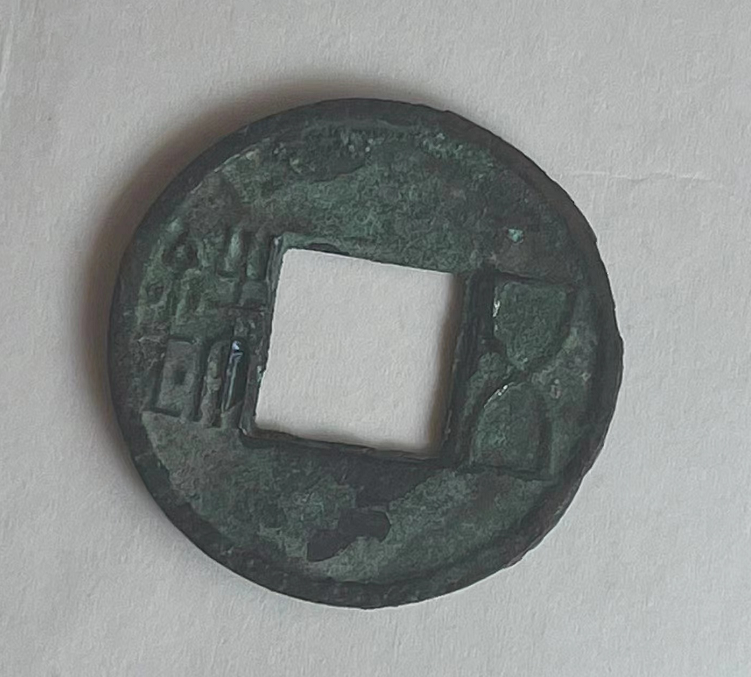
汉武帝首创“五铢钱”。汉武帝即位后,“外事四夷,内兴功利”急需开辟财源。同时郡国自由铸钱,造成币制混乱,物价上涨,威胁中央财政。于是汉武帝公元前118年下令废除汉初郡国制币权,改由中央统一铸币。设“上林三官”即钟官(掌铸钱)、辨铜(掌原料)、均输(掌制范),组成中央铸币机构负责铸造五铢钱,也称上林钱和三官钱。五铢钱质量高,改变了货币混乱现象,有利于中央集权和经济发展。从汉武帝起历西汉,新莽,东汉,魏、晋、南北朝到隋唐共七百多年。五铢长期为历朝法定货币。因五铢钱轻重合宜,中国以“五铢”为主要形制的方孔圆钱还影响日本、安南、朝鲜等国。而泰国的货币单位仍称“铢”与此不无关系。
Emperor Wudi initiated "five baht money". After Emperor Wudi came to the throne, there was an urgent need to open up financial resources. At the same time, counties and states freely cast money, causing confusion in the currency system, rising prices, threatening the central finance. So in 118 BC, Emperor Wudi of Han Dynasty ordered the abolition of the early Han Dynasty county system of currency right, the central unified coinage. Set up "Shanglin three official" namely bell official (palm casting money), copper (palm raw material), all lost (palm system), the formation of a central coinage institution responsible for casting five baht money, also known as Shanglin money and three official money. The high quality of five baht money has changed the phenomenon of monetary chaos, which is conducive to centralization and economic development. From Emperor Wudi of the Han Dynasty to the Western Han, Xinmang, Eastern Han, Wei, Jin, Southern and Northern Dynasties to Sui and Tang Dynasties, a total of 700 years. Five baht has long been the legal tender of all dynasties. Due to the appropriate weight and weight of five-baht money, China's square-hole yuan money mainly in the form of "five-baht" also influenced Japan, Annan, Korea and other countries. It has something to do with the fact that Thailand's currency unit is still called the baht.
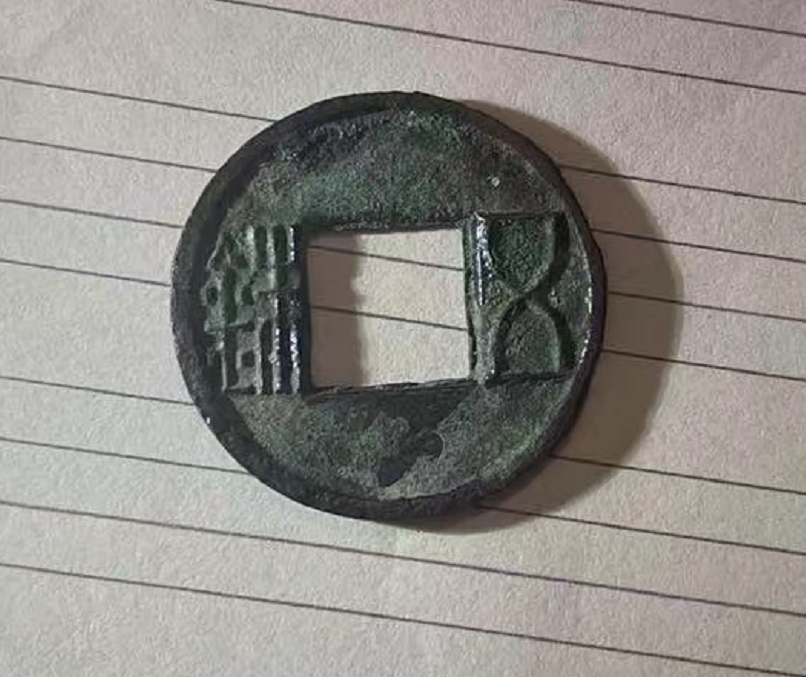
新莽币制大乱与铸钱精品问世。西汉晚期,王莽建新朝,托古改制,滥发货币。如:“大泉五十”是王莽上台后为解决经济危机而铸行的一种大钱。“泉”是“钱”字的借用。王莽相信纬学说,在他夺取刘姓天下后,为讳忌“刘”字,刘字由卯、金、刀三字组成,故钱文中不用“金”字而用“泉”。一枚“大泉五十”重量只及西汉五铢钱重量的二个半,却要当五十个五铢钱用。意味着每发行一枚大钱就要从百姓手中夺走四十七个半五铢钱财富,这必然引起人民不满,于是民间仍用五铢钱交易。为此王莽以重刑酷法规定:凡敢私藏五铢钱者将作为犯人充军戍边。由币制混乱可见王莽统治不得人心,必垮无疑。
Emperor Wudi initiated "five baht money". After Emperor Wudi came to the throne, there was an urgent need to open up financial resources. At the same time, counties and states freely cast money, causing confusion in the currency system, rising prices, threatening the central finance. So in 118 BC, Emperor Wudi of Han Dynasty ordered the abolition of the early Han Dynasty county system of currency right, the central unified coinage. Set up "Shanglin three official" namely bell official (palm casting money), copper (palm raw material), all lost (palm system), the formation of a central coinage institution responsible for casting five baht money, also known as Shanglin money and three official money. The high quality of five baht money has changed the phenomenon of monetary chaos, which is conducive to centralization and economic development. From Emperor Wudi of the Han Dynasty to the Western Han, Xinmang, Eastern Han, Wei, Jin, Southern and Northern Dynasties to Sui and Tang Dynasties, a total of 700 years. Five baht has long been the legal tender of all dynasties. Due to the appropriate weight and weight of five-baht money, China's square-hole yuan money mainly in the form of "five-baht" also influenced Japan, Annan, Korea and other countries. It has something to do with the fact that Thailand's currency unit is still called the baht.
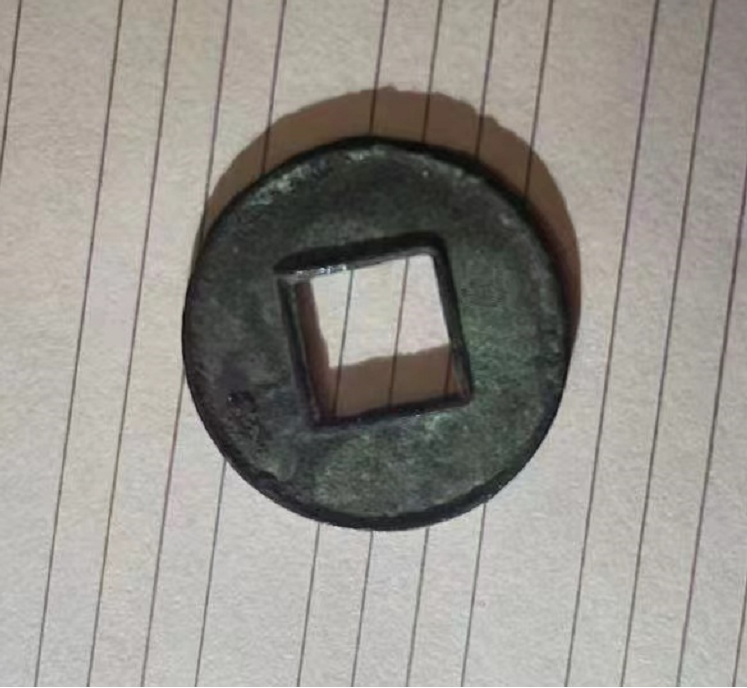
据《汉书》记载,汉五铢是武帝时期铸造的。武帝元狩五年(公元前118年),“废五铢五铢”。这个时候,各郡都可以铸造钱币,《食货志》说:“请诸国铸五铢,以周郭为贵。”至元鼎三年(公元前114年),“因郡国铸钱,民多奸铸,钱多”,“令京师铸官”铸赤仄五铢,并规定“非赤仄不可赋官”。这就是五铢。至元鼎四年,因“赤金不贵,民巧易用”。于是,朝廷禁止铸钱,只命上林三官铸,“三官钱不能流通”,郡国之前铸造的钱,全部废止,输入三官。以后天下铸钱,都是由三官统一而成,到了这个时候,钱币才算是真正的统一。
According to the Book of Han, Wuzhu was minted during the reign of Emperor Wudi. Wu Di Yuan Wu five years (118 BC), "waste five baht five baht". At this time, each county can cast coins, "food annals" said: "please cast five baht, Zhou Guo is expensive." In the third year of Yuan Ding (114 BC), "Because the county and state cast money, and the people cast money," "ordered the capital to cast officials" to cast chek and chek and five baht, and stipulated that "no official should be appointed unless chek and chek". That's five baht. To the Yuan Ding four years, because "gold is not expensive, people are skillful and easy to use." Therefore, the court banned the casting of money, only life on Lin SAN Guan cast, "three official money can not circulate", county before the casting of money, all abolished, input three officials. In the future, all the coins in the world will be unified by the three officials. At this time, the coins will be truly unified.
此藏品是胡先生个人多年收藏的珍藏品,即将交于陕西艺术品市场我公司网络市场部专员运作推广,对此件藏品感兴趣的收藏家及时回复市场客服或与本公司国际市场负责人联系
该藏品将在艺术品大型活动展厅展出,如有对此件藏品感兴趣的藏友,欢迎莅临公司赏析,广大收藏家可以通过我们官方网站、微信公众平台了解详情,如需意向购买,提前办理好相关手续!需要购买的买家可以联系:市场部小许
它集艺术品鉴定、评估、展览、交易、国际拍卖等服务为一体的大型艺术品综合服务公司。
公司致力于打造中国优质的艺术品交易服务平台,专注于艺术品和收藏品的鉴定、展览、销售、拍卖、宣传推广等服务。注重于为客户提供网展网销、展厅展销、人员直销、拍卖会成交等全方位的综合销售模式,促进客户藏品快速高价成交。
通过三百多家国际媒体宣传推广运作,举办商务酒会,建立高端买家俱乐部,联谊各地收藏家协会、各地商会等多种灵活有效的形式积累高端买家资源。公司秉持公平、公正、公开的交易原则,为藏家和买家之间搭建起桥梁和纽带,为藏品销售建立起一条交流合作的快速通道。
